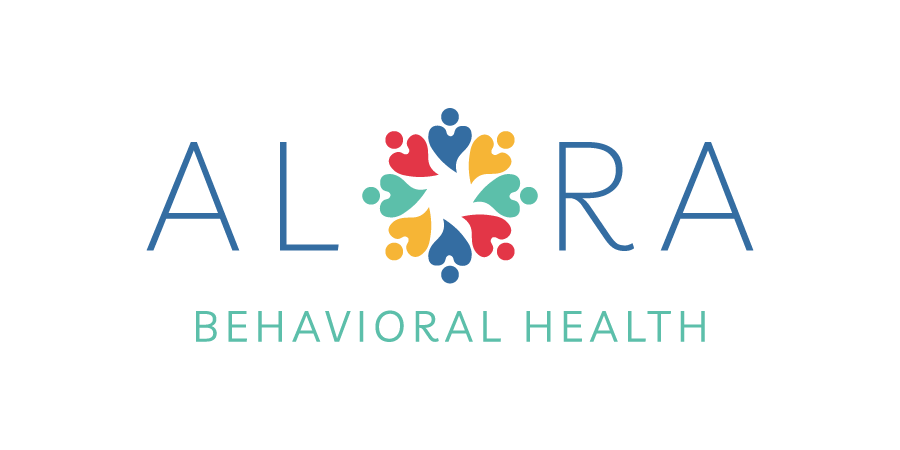Every parent hopes to see steady, noticeable progress when their child starts therapy or support services. You picture milestones being reached, challenges becoming easier, and a growing sense of independence. But sometimes, the journey doesn’t follow the path you imagined. Progress can look different—and that’s okay.
In ABA therapy (Applied Behavior Analysis), we recognize that growth isn’t always linear, and it rarely fits a one-size-fits-all timeline. Understanding how to view progress with a broader lens can help families stay encouraged, patient, and focused on long-term success.
Progress Is Personal
Every child is unique, with their own pace, strengths, and challenges. Some skills may develop quickly, while others take weeks or even months of steady work. Progress might show up in small moments: a new word spoken, a calmer transition between activities, or a longer period of focused attention. These victories are just as important as big milestones.
It’s essential to celebrate the individual wins that may seem small but represent meaningful steps forward for your child.
Growth Isn’t Always Measured in Skills Alone
In ABA therapy, progress isn’t just about what a child can “do.” It’s also about increased confidence, better emotional regulation, stronger communication, and improved relationships with family and peers. Sometimes, the most significant signs of growth are internal and gradual—like learning how to manage frustration, tolerate changes in routine, or ask for help.
These developments are foundational and often pave the way for larger skill gains down the line.
Set Realistic Expectations—And Adjust Them When Needed
It’s natural to enter therapy with certain goals in mind. However, it’s equally important to remain flexible and adjust expectations based on your child’s unique needs and journey. Your therapy team is there to help you set achievable goals and adjust strategies as your child evolves.
Having realistic expectations helps reduce unnecessary pressure—on both your child and yourself.
Remember: Plateaus Are Part of the Process
Many children experience plateaus where progress seems to stall. This is a normal part of any learning process. During these periods, therapists may re-evaluate goals, introduce new techniques, or simply allow your child the time they need to consolidate skills before moving forward.
Patience during plateaus often leads to renewed growth when the child is ready.
Celebrate Progress—In All Its Forms
Recognizing and celebrating all forms of progress keeps motivation high for both the child and the family. Whether it’s a big achievement or a quiet victory, acknowledging the hard work behind each step helps foster a positive, encouraging environment.
Progress is progress, no matter how it looks or how long it takes.
Final Thoughts
When your child’s progress looks different than you expected, it doesn’t mean that progress isn’t happening. Growth takes many forms, and each journey is uniquely meaningful. With compassion, realistic expectations, and support from your therapy team, you can continue to celebrate every step forward—big or small.
At Alora Behavioral Health, we are honored to walk this journey with you, recognizing and honoring every milestone along the way.
